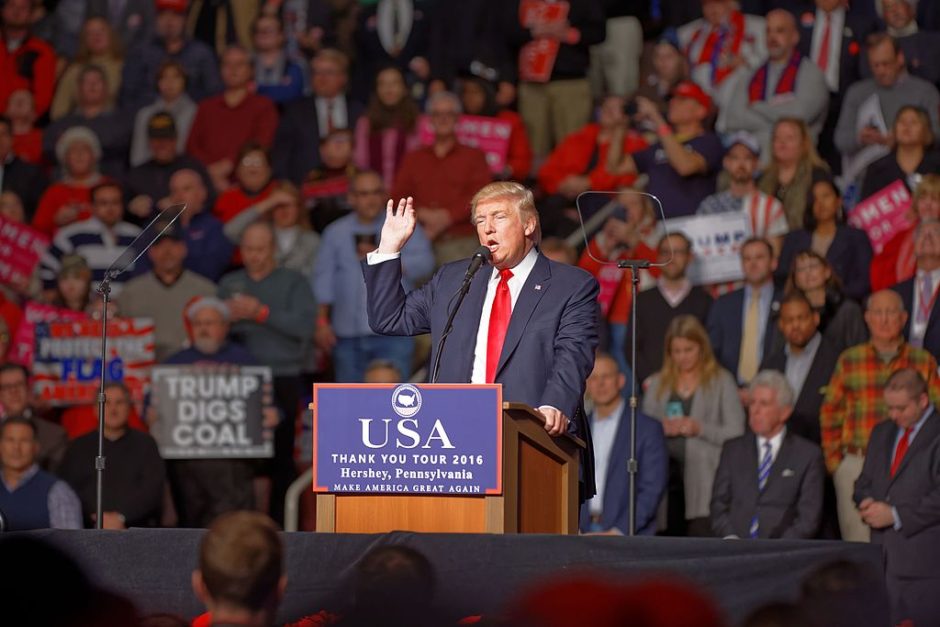U.S. President Donald Trump welcomed Palestinian Authority President Mahmoud Abbas to the White House on May 3 to discuss the prospects of settling the intractable Arab-Israeli conflict, but their talks were little more than a photo op.
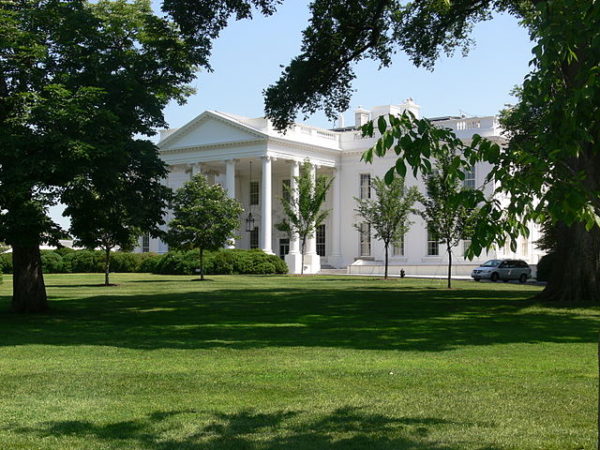
Abbas arrived in the United States two and a half months after Trump conferred with Israeli Prime Minister Benjamin Netanyahu in Washington, D.C. Trump and Abbas spoke glowingly of their common interest in achieving a historic breakthrough, but neither offered the slightest inkling of how it can be done.
Rhetoric trumped substance.
Since the 1993 Oslo process, Israel and the Palestinians have engaged in on-again-off-again discussions in a bid to reach a comprehensive peace agreement. But their differences over key issues — final borders, security arrangements, Jewish settlements, East Jerusalem, water and Palestinian refugees — have proven to be deal breakers.
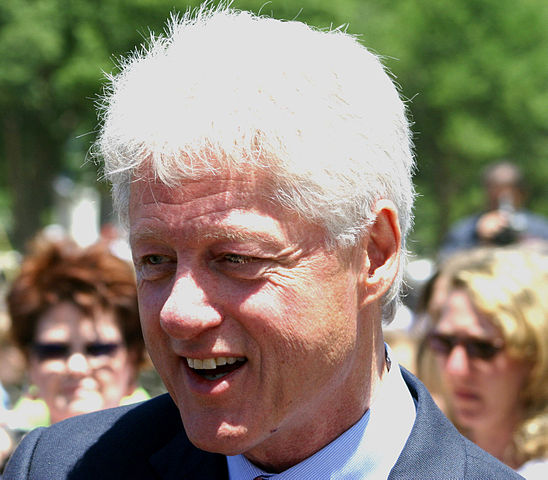
Three U.S. presidents — Bill Clinton, George W. Bush and Barack Obama — invested enormous time and energy in an attempt to bridge the gap between Israel and the Palestinians, but to no avail. During that period, the second Palestinian uprising broke out, hardening public opinion in Israel, the West Bank and the Gaza Strip and burying hopes for an Israeli-Palestinian rapprochement. As well, Hamas seized control of Gaza, shattering what was left of the facade of Palestinian unity.
Most recently, Obama’s secretary of state, John Kerry, spent nearly a year trying to construct a framework for peace, but failed after Israel and the Palestinian Authority could not even agree on the basics.
Despite these setbacks, Trump, during last year’s U.S. presidential campaign, talked about brokering the “ultimate deal” to break the impasse. On the eve of Abbas’ visit to the United States, Sean Spicer, Trump’s press secretary, said, “The president’s ultimate goal is to establish peace in the region.”
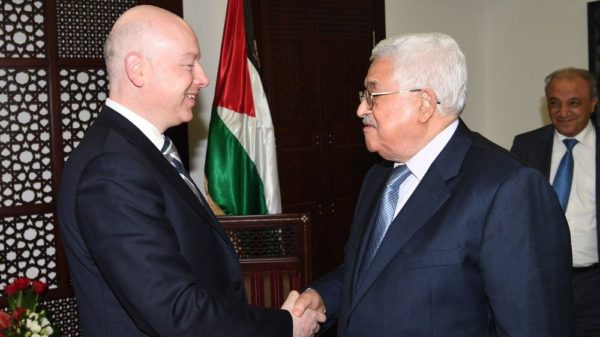
In March, Trump sent envoy Jason Greenblatt to the Middle East on a “listening tour” to gauge whether Israel and the Palestinians are ready to make meaningful concessions. During his trip, he spoke to Netanyahu and Abbas.
Netanyahu professes to be in favor of a two-state solution. But he has backed away from that position since the 2015 general election, supported the expansion of Israeli settlements in the West Bank, legalized the existence of Israeli outposts on private Palestinian land, indicated that the Israeli army will remain in the West Bank indefinitely to maintain security control and continued building in East Jerusalem.
In addition, Netanyahu’s right-wing coalition government is staunchly opposed to Palestinian statehood. One of his ministers, Naftali Bennett of the Jewish Home Party, has proposed the annexation of Area C, which comprises about 60 percent of the West Bank, and declared that the Palestinians should receive no more than autonomy.
Abbas, who regards a two-state solution as a “strategic choice,” has said that a “historic peace deal is possible,” and that he is prepared to meet Netanyahu to discuss the details. Previously, Abbas hewed to the view that talks with Netanyahu would be unfeasible unless Israel imposed a freeze on new settlement construction in the West Bank. (Netanyahu agreed to a partial settlement freeze in 2010, but opposes a new freeze).
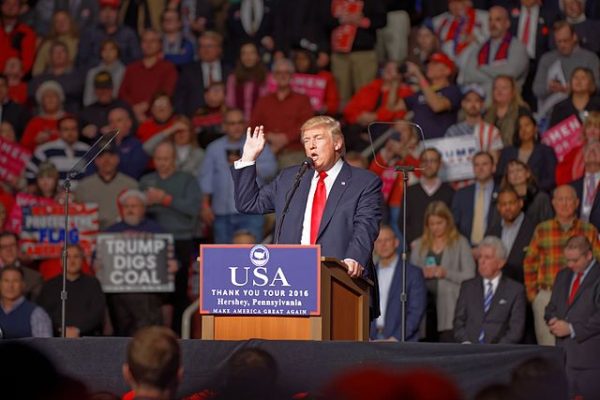
Following his meeting with Abbas, Trump said he would do whatever it takes to renew negotiations. “We want to create peace between Israel and the Palestinians,” he said. “We will get it done. We will be working hard to get it done.” He added, “I think there’s a very, very good chance…”
Confining himself to broad generalities, Trump did not elaborate on his optimism. Nor did he mention the phrase “two-state solution.” But Trump, who plans to visit Israel in the third week of May, has talked about working with Sunni Arab states like Egypt and Jordan to bring Israel and the Palestinians together.
Egyptian President Abdel Fattah el-Sisi, having called upon the United States to resume its role as an honest broker, has said that the 2002 Arab League peace initiative should serve as a basis for a comprehensive solution. It offers Israel full Arab recognition and normalization in exchange for a complete Israeli withdrawal from the occupied areas, a solution to the Palestinian refugee problem and the establishment of a contiguous Palestinian state.
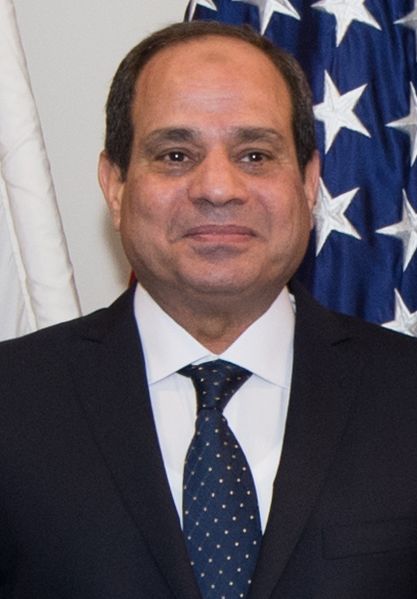
Jordanian Foreign Minister Ayman Safadi has said that Arab countries would be willing to give Israel security guarantees should it accept the Arab League plan.
Israel has rejected its core principles.
Like Trump, Abbas projected optimism during his White House visit. “We believe that we can be partners with you to bring about a historic peace,” he said, adding that Israel should end its 50-year occupation.
Abbas insisted that a Palestinian state should be formed within the boundaries of the West Bank and Gaza, with East Jerusalem as its capital. Netanyahu has categorically rejected that formula.
It remains to be seen how Trump will manage to persuade Netanyahu and Abbas to reach a realistic compromise, an objective that eluded his predecessors. But much to the disappointment of key ministers in Netanyahu’s government, Trump has urged Israel to scale back settlement construction in the West Bank. Trump has also asked Israel to ease economic restrictions on Palestinians.
He appears to have put on hold his campaign promise to move the U.S. embassy from Tel Aviv to Jerusalem.
Addressing Abbas, Trump asked him to curb Palestinian incitement against Israel. “There can be no lasting peace unless Palestinian leaders speak with a unified voice against incitement to violence and hate,” he declared. Abbas claimed that Palestinian youths are being raised on “culture of peace,” but Netanyahu vehemently disagreed.
Publicly at least, Trump did not pressure Abbas to end payments to families of Palestinian terrorists serving prison sentences in Israel. By one estimate, the Palestinian Authority allots $315 million a year to support 36,000 families. Netanyahu has asked Abbas to stop such subsidies. Abbas’ foreign affairs adviser, Nabil Shaath, told Israel Radio that the demand is absurd, designed to sabotage peace talks.
As a public relations event, the Trump-Abbas meeting may have been a success, possibly the starting point for renewed negotiations. But on a deeper level, Trump and Abbas barely scratched the surface, leaving the pivotal issues that need to be resolved for another day.
